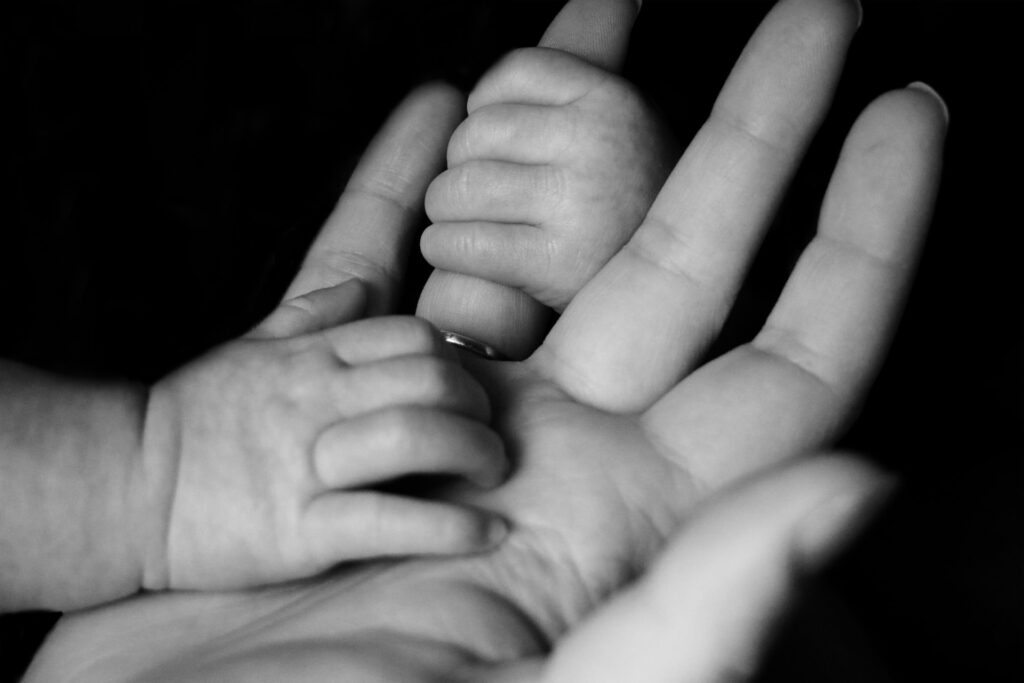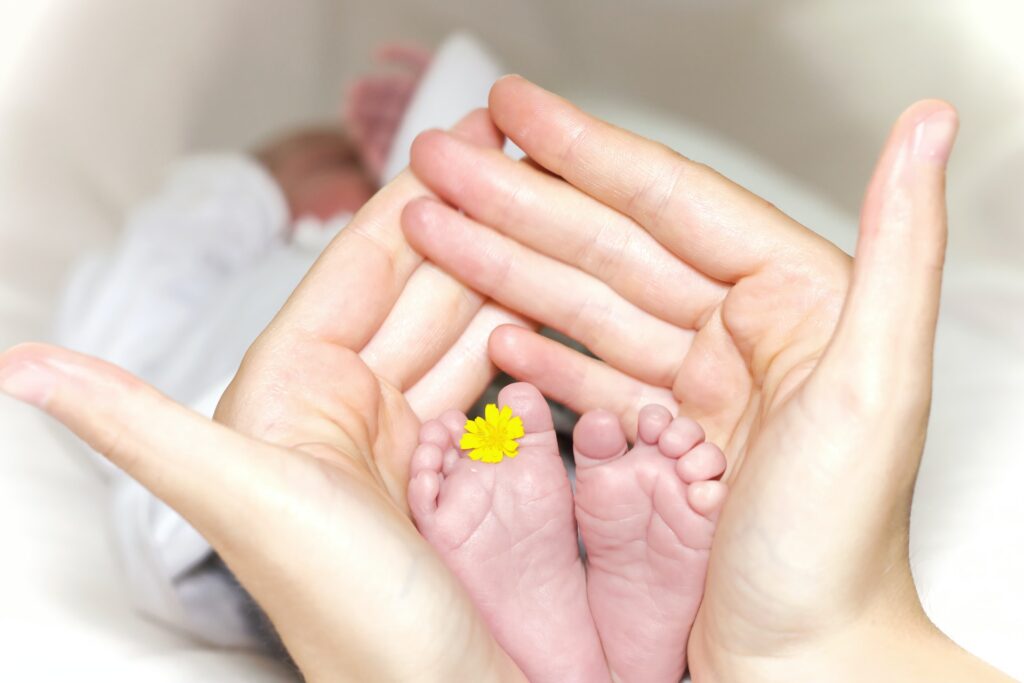Several years ago, the fall Sunday school programs kicked off in churches across Belarus. Many of these churches had organized summer outreaches. Thousands of children who attended had confessed Christ as their Lord and Savior.
Now these children were beginning to attend the churches’ Sunday meetings. One Sunday at a church in Minsk, after the service ended, the leader of the children’s ministry was called to one of the rooms. Inside the room sat the ministry team and four crying children. The kids were a mess.
When the leader asked what had happened, the team explained that the Sunday teaching had focused on Ephesians 6:2—honoring your father and mother in the Lord—and this topic presented a dilemma.
Each of the four children was from a non-Christian home. Each had, however, attended a summer outreach and decided to follow Jesus. As the fall season kicked off, the church had embraced them into the community.
Unbeknownst to the teachers, though, was the fact that the children were sneaking out of their apartments to attend church. They had concocted a story about going across town to get some particularly fresh bread but instead went to church, always making sure to arrive back at home with bread. These four children wanted to follow Jesus, and they loved the church. But they were lying to their parents.
When they discovered that God doesn’t want them lying to their parents because it dishonors them, these four children were distraught. If they told their parents the truth, they might not be able to be with their church family where they felt such a sense of belonging….
Well, God did a miraculous work in the heart and the life of each of those parents. These eight adults became members of their children’s church family and remain so to this day. Whatever our age, we all need meaningful relationships and a real church community provides just that, and that is Good News!
Good News

The primary good news in the New Testament is how we can have a right relationship with God. But we also find good news about how we can belong to His family, the church. Nowhere is this message clearer than in Galatians.
Let’s take a look at this good news that we can—and I believe should—passionately share with children.
In Galatians 3:13-29 (this entire passage is worth reading), Paul wrote about being in relationship with God, including God’s original plan for Abraham and his descendants (v. 14). Our sinfulness shattered our relationship with God (vv. 22-23), but Jesus shed His blood and died so that every person who believes that, with His resurrection, He defeated sin and death will be set right before God (vv. 24-26). Then, set right with God, individuals can experience the plan He has for us, His children (v. 29).
In this Galatians passage Paul also wrote plainly about the basis for our being a child of Abraham, a member of God’s family, a member of His church. As Paul did so, he referred to Abraham seven times, emphasizing the importance of Abraham in a discussion of God’s family.
Paul’s argument seems to flow as follows:
- [Christ] redeemed us in order that the blessing given to Abraham might come to the Gentiles through Christ Jesus, so that by faith we might receive the promise of the Spirit (Galatians 3:14). Jesus has redeemed us, and we are now the people whom God will bless according to promises He made to Abraham. (Us refers to the Galatians who were non-Jewish believers).
- The promises were spoken to Abraham and to his seed. Scripture does not say "and to seeds," meaning many people, but "and to your seed," meaning one person, who is Christ (v. 16). God promised Abraham that his descendants would be numerous, yet all of his descendants would be considered one family… in Christ.
- Jesus is key to God’s fulfillment of His promise that many descendants of Abraham would live as one family (v. 16).
- [If] the inheritance depends on the law, then it no longer depends on the promise; but God in his grace gave [the inheritance] to Abraham through a promise (v. 18). God made that promise to Abraham, and He will keep His promise.
- Scripture has locked up everything under the control of sin, so that what was promised, being given through faith in Jesus Christ, might be given to those who believe (v. 22). The promise of many descendants continues to be fulfilled as people put their faith in Jesus and believe.
- In Christ Jesus you are all children of God through faith, for all of you who were baptized into Christ have clothed yourselves with Christ. There is neither Jew nor Gentile, neither slave nor free, nor is there male and female, for you are all one in Christ Jesus (vv. 26-28). In Christ we are all children of God whether we are Jew or Gentile.
- If you belong to Christ, then you are Abraham's seed, and heirs according to the promise (v. 29). If we belong to Christ, we are part of Abraham’s family. We can therefore both receive the blessings God has promised and recognize that His plans for His people are plans for us.
To summarize, when he wrote to the church in Galatia, Paul explained to believers that they were members of Abraham’s family and that the promises God made to Abraham were being fulfilled in Jesus Christ for all those who have put their faith in Him.
Like the believers in Galatia, you and I are justified through our faith in Christ and welcomed into the church as members of the family. Then, not only are we right before God, but we are right with each other, and we belong together in God’s family, the church.
This message about belonging to a forever family that is characterized by love and grace resonates with children as well as adults. Too many children today don’t know the security of loving parents, the grace of a father’s love, or the tenderness of a mother’s care. Instead, these children’s existence is marked by such things as poverty, abuse, isolation, and fear.
The truth that they are members of God’s family is literally life changing as children discover God’s love, a sense of belonging in His church, hope for their life, and purpose for their days.
Putting their faith in Jesus serves as the requisite adoption papers. These children are part of God’s family. This is why Paul spoke about adoption (Galatians 4:5; Romans 8:15, 23; Ephesians 1:5), a topic near and dear to my heart.
“As Far as the Polish Government Is Concerned…”

A few years after we moved to Poland, we discovered that we could not have any more children.
Our daughter was a miracle, and we thought she would be our only child. We looked into adoption, but at that time in Poland, we were told that we’d have to adopt older children and that the most probable scenario would actually be adopting a group of siblings, all older. We prayed and found comfort in the thought that God had given us thousands of children through our ministry.
Then one evening the phone rang.
It was a friend who had just returned from a Bible study. One of the participants was a nurse, and she had asked for prayer. A young single mother who already had a thirteen-month-old had delivered a newborn and did not want to take the baby home. She had asked the hospital staff to find a family to take the baby rather than placing the child into the orphanage system.
My friend asked if we were interested. Covering the phone’s mouthpiece, I asked my wife, and she said yes. My friend said he’d get back to me. He hung up, and we didn’t even know if the baby was a boy or a girl. We just started praying.
Ten days later the baby—a boy—was in our house. We named him Caleb Daniel, and through our friends at the Bible study, we developed a relationship with the birth mom. Thus began the adventure of being foreigners in Poland wanting to adopt a Polish baby.
At the very beginning the authorities had to issue a birth certificate, and they did. When we received it, we saw our son’s name and the name of his birth mother. Where the name of the father belonged was a horizontal black line. The certificate was dated April 9, 1993.
The next year was like no other. If I were to hit only the highlights, I would need several pages, yet on many occasions we feared losing our son. The process was an emotionally draining walk of faith, led by my wife. She was a tower of strength and a true spiritual warrior battling for our son. More than a year later, the court finalized the adoption—and we were ecstatic, filled with unspeakable joy.
When we picked up the adoption decree from the court, we were told to take it to the equivalent of the U. S. Social Security Administration. The main office would need to see the decree and complete some additional paperwork.
As if the memory were a motion picture running in my mind, I still vividly remember walking into that office—with the adoption decree and Caleb’s birth certificate—on April 20, 1994. After explaining my situation to the official, she took the papers and asked me to take a seat until she returned.
After about 30 minutes, she returned and handed me the adoption decree. She also handed me a new birth certificate. The certificate had Caleb’s name just like the original. Now, though, on the line for the mother’s name was my wife’s name, and on the line for the father’s name was mine. The date on the birth certificate was April 9, 1993.
When the woman handed me the old birth certificate, she spoke words I will never, ever forget: “As far as the Polish government is concerned, he has been your son since the day he was born.”
Adoption into God’s Family

Keep in mind what you’ve learned about our adoption of Caleb into our family as you read what Paul wrote about believers’ adoption into God’s family:
When the set time had fully come, God sent his Son, born of a woman, born under the law, to redeem those under the law, that we might receive adoption to sonship.
Because you are his sons, God sent the Spirit of his Son into our hearts, the Spirit who calls out, "Abba, Father." So, you are no longer a slave, but God's child; and since you are his child, God has made you also an heir. (Galatians 4:4-7)
In Christ we are redeemed and adopted into the family of God as His children (v. 7). We belong to Him, and we belong to His people, to His family. The New Testament therefore frequently refers to the church community as the household of God, brothers and sisters, and family.
Here are a few of the many examples:
I am writing you these instructions so that… you will know how people ought to conduct themselves in God's household, which is the church of the living God, the pillar and foundation of the truth. (1 Timothy 3:14-15)
You are no longer foreigners and strangers, but fellow citizens with God's people and also members of his household. (Ephesians 2:19)
I do not want you to be unaware, brothers and sisters, that I planned many times to come to you… (Romans 1:13)
Brothers and sisters, think of what you were when you were called. Not many of you were wise by human standards; not many were influential; not many were of noble birth. (1 Corinthians 1:26)
I want you to know, brothers and sisters, that the gospel I preached is not of human origin. (Galatians 1:11)
Show proper respect to everyone, love the family of believers, fear God, honor the emperor. (1 Peter 2:17)
Clearly, the church is to be a place of family connection for followers of Jesus, whatever their age.
The New Testament’s good news for children is, they can have a right relationship with God through personal faith in Jesus Christ and they can be members of His family, the church.
This coming weekend we are presenting the Good News, the gospel as we welcome children into the church, God’s family! Next week, we will look at three ways that the church family is crucial in children’s ministry.
